
-
Phone: 0086-15858860365
-
Email: sales1@nswvalve.com
-
Phone: 0086-15858860365
-
Email: sales1@nswvalve.com
News
-
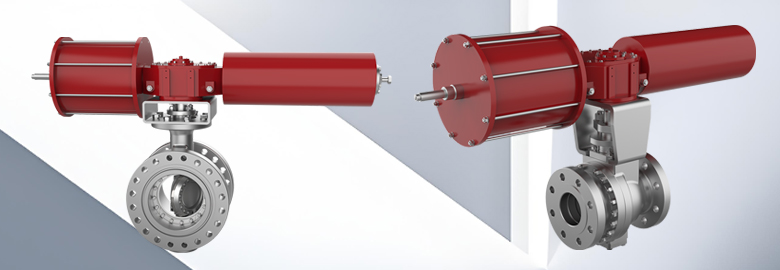
Guide to Choosing a Pneumatic Actuator Valve for System
In many industrial facilities across the United States, the pneumatic actuator valve remains one of the most dependable solutions for automated flow control. Fast response, straightforward mechanical construction, and inherent safety in hazardous environments make pneumatic valves and actuators a...Read more -
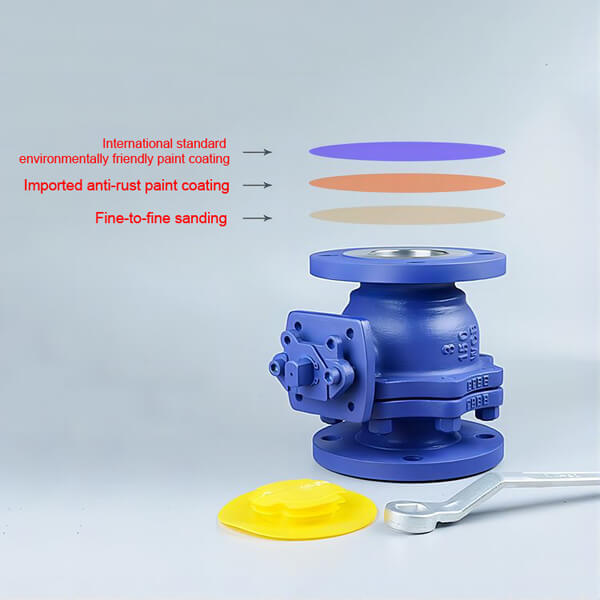
Why Carbon Steel Ball Valves Are the Choice for Industrial Liquid Control
Selecting valves for industrial liquid systems involves balancing durability, pressure capability, long-term reliability, and cost. In many facilities—from power generation to petrochemical plants—carbon steel ball valves have become a dependable option due to their mechanical strength and suitab...Read more -
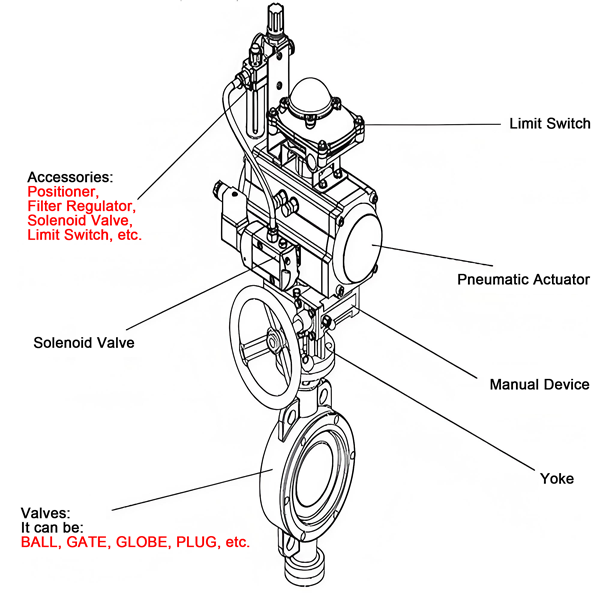
Guide to Pneumatic Valves | Ball, Butterfly, Gate Valves & Actuators Explained
What Is a Pneumatic Valve? Definition of a Pneumatic Valve A Pneumatic Valve is a type of industrial control valve driven by compressed air. By converting air pressure into mechanical motion, the actuator opens, closes, or adjusts the valve to control the flow of liquids, gases, steam, or corrosi...Read more -
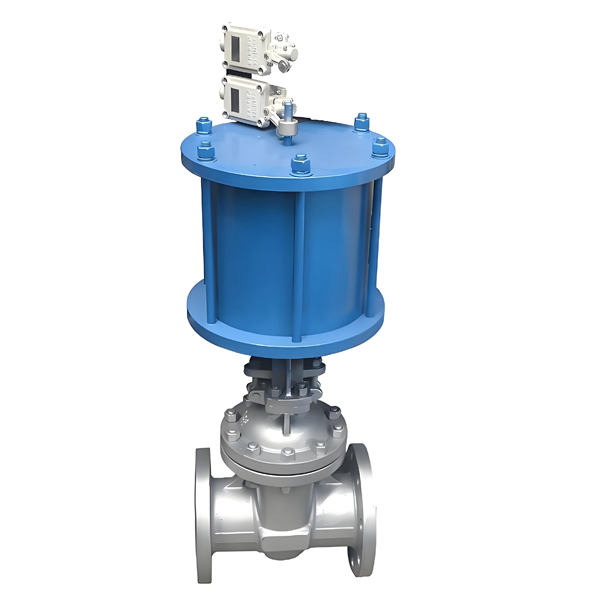
Pneumatic Actuator Gate Valve: An In-Depth Guide
What is a Pneumatic Actuator Gate Valve? A pneumatic actuator gate valve is a type of valve driven by a pneumatic actuator, primarily used to control the flow and shut-off of media in pipelines. Its key components include the valve body, gate disc, pneumatic actuator, and sealing elements. Utiliz...Read more -
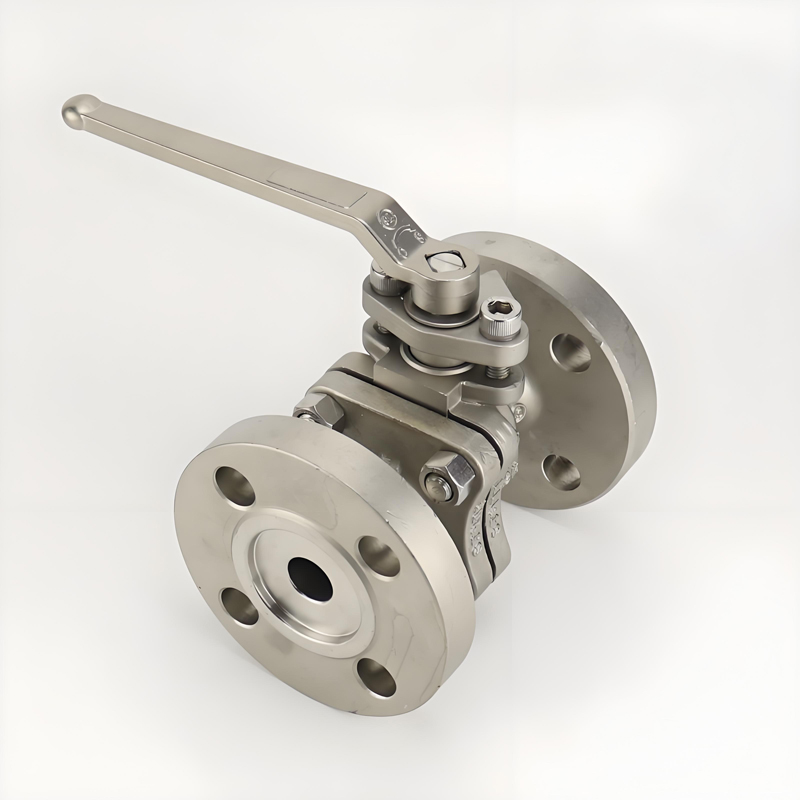
2 inch ball valve manufacturer: Industrial Valves
As a leading 2 inch ball valve manufacturer, we specialize in delivering high-performance, reliable 2 inch ball valves tailored to diverse industrial applications. From oil and gas to water treatment, chemical processing to pharmaceutical production, our valves combine precision engineering, pre...Read more -
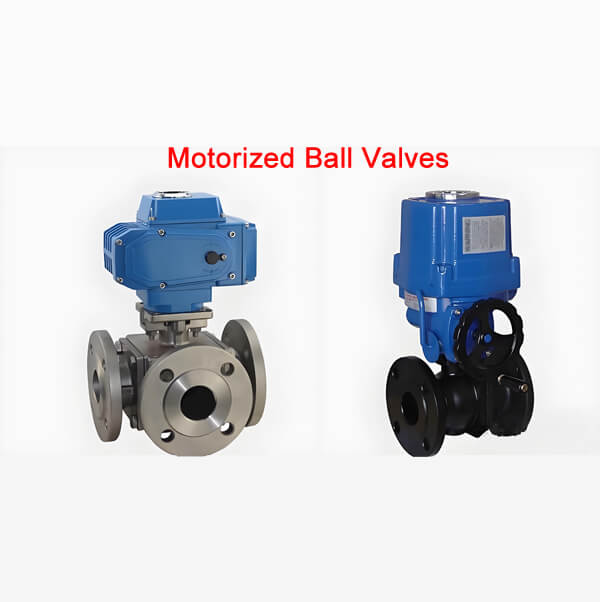
Motorized Ball Valve Industry in India Analysis
The motorized ball valve industry in India is experiencing steady growth, driven by rapid industrialization and infrastructure development. While demand for these valves is rising across sectors like oil and gas, power generation, and water treatment, local production capabilities remain limited,...Read more -
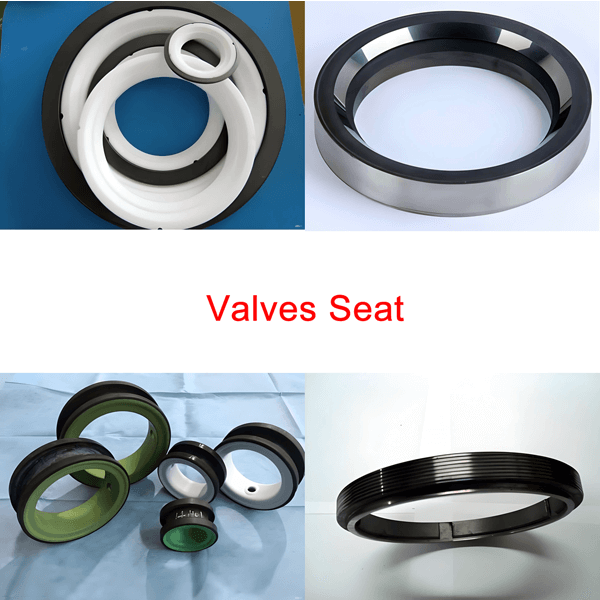
Valve Seat Complete Guide: types, material selection
In the world of fluid control, where precision and reliability are paramount, the valve seat is the unsung hero. This critical component is the foundation of a valve’s sealing performance, directly impacting its leak-tight integrity, service life, and overall safety. Whether you’re an...Read more -
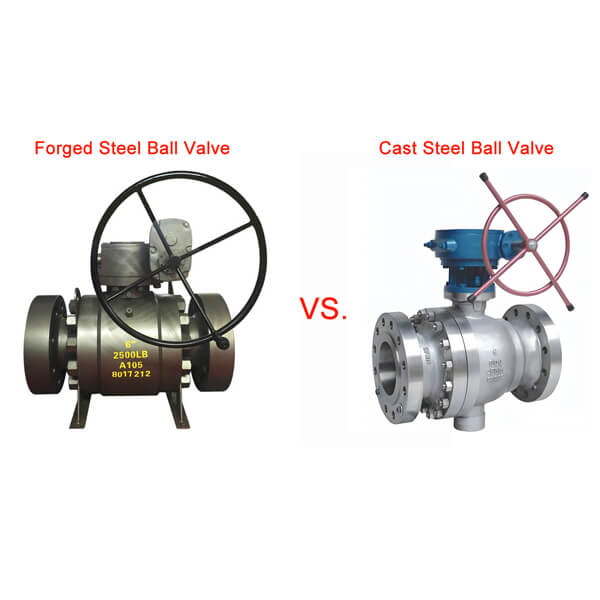
Cast vs Forged Steel Ball Valve: Which is Better
Selecting the correct Carbon Steel Ball Valve is critical for the safety, efficiency, and cost-effectiveness of your piping system. The debate often comes down to a choice between two primary manufacturing methods: forging and casting. Understanding the fundamental differences between a Forged St...Read more -
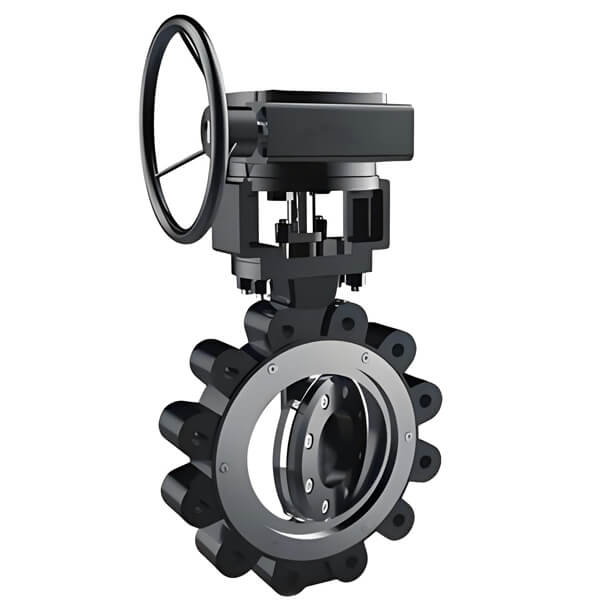
What is a Lug Butterfly Valve: Best Optimal Use Guide
What is a Lug Butterfly Valve? Defining the Core Component At its core, a Lug Butterfly Valve is a quarter-turn rotational motion valve used to isolate or regulate the flow of a medium within a piping system. Its name comes from its most distinctive feature: the integrated threaded lugs (or ̶...Read more -
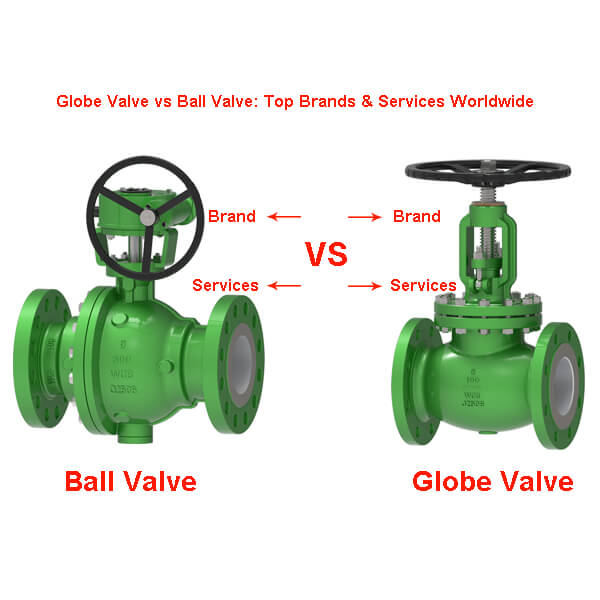
Globe Valve vs Ball Valve: 2024 Top Brand and Its Service
Choosing between a globe valve and a ball valve is a critical decision in engineering and procurement. While the technical principle—on/off vs. throttling—is the starting point, the brand you select ultimately determines the valve’s performance, longevity, and the total cost of ownership. T...Read more -
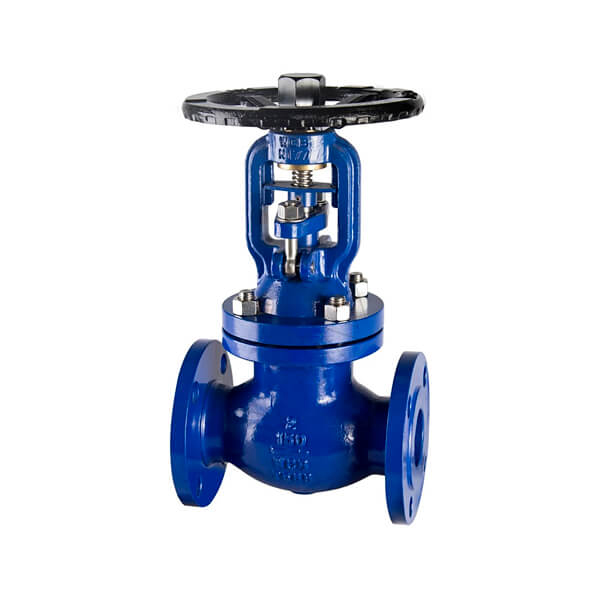
Steam Globe Valve Guide: Types, Functions & Selection Tips
A Steam Globe Valve, also known as a Bellows Seal Globe Valve, is an industrial valve designed to shut off, distribute, and regulate the flow of medium by applying pressure via the valve stem to create a tight seal between the disc and the seat. It is a critical control component primarily used i...Read more -
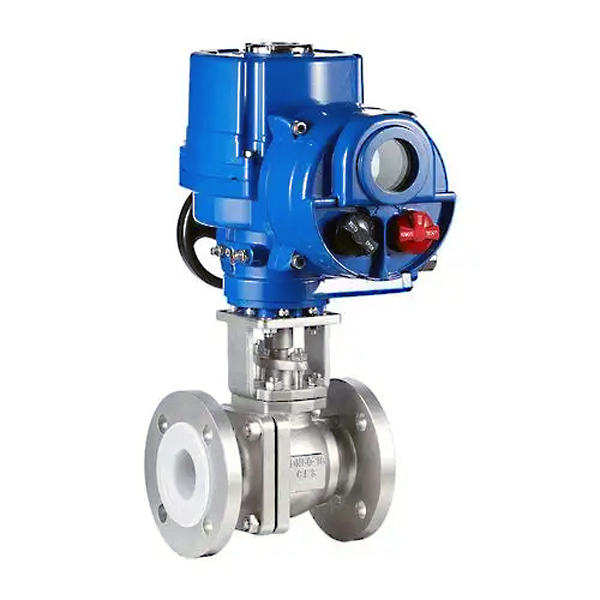
Top 5 Benefits of Using a Motorized Ball Valve in Industrial Applications
In modern industrial automation, motorized ball valves play an essential role in improving process efficiency and control accuracy. Also known as electric ball valves, these devices provide a reliable solution for fluid flow control across numerous applications. Below, we explore the key advantag...Read more -
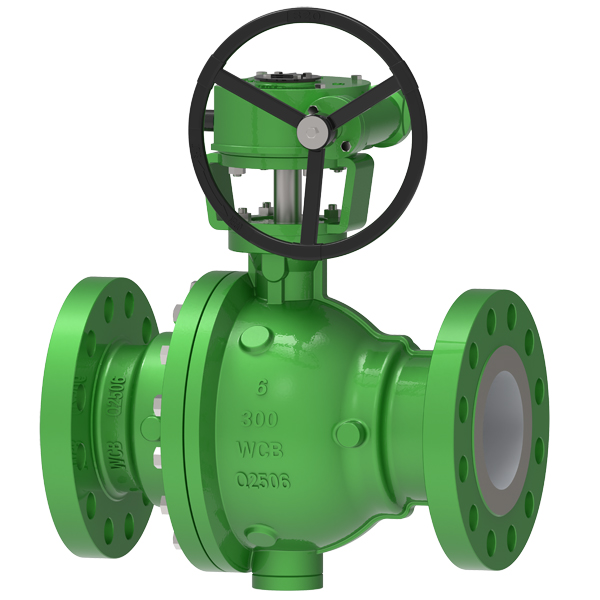
Reliable Ball Valve Supply: Key Benefits for Project
Why Your Choice of Ball Valve Supply Partner Defines Project Success For procurement managers and design engineers, specifying components is more than a transaction—it’s a critical decision that impacts project timelines, budgets, and long-term operational reliability. This is especially tr...Read more -
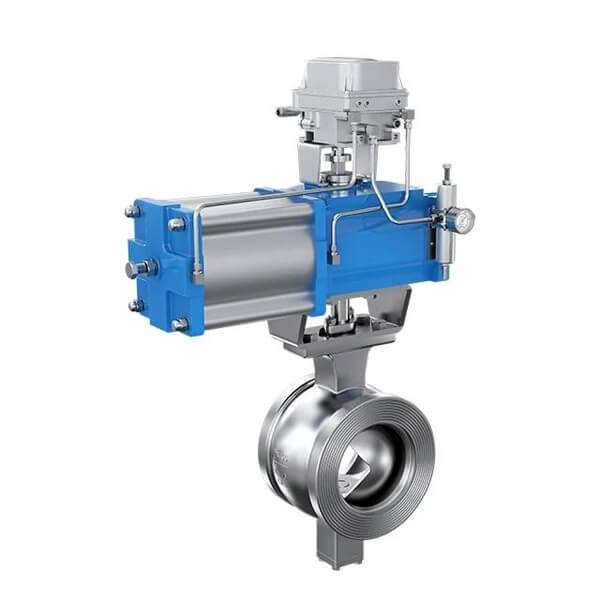
V Ball Valves Explained: Guide to V Port Control Solutions
Introduction to V Ball Valves In the world of industrial flow control, precision is paramount. While standard ball valves are excellent for simple on/off service, many applications require precise modulation and control of fluids and gases. This is where the V ball valve, or V port ball valve, ex...Read more -
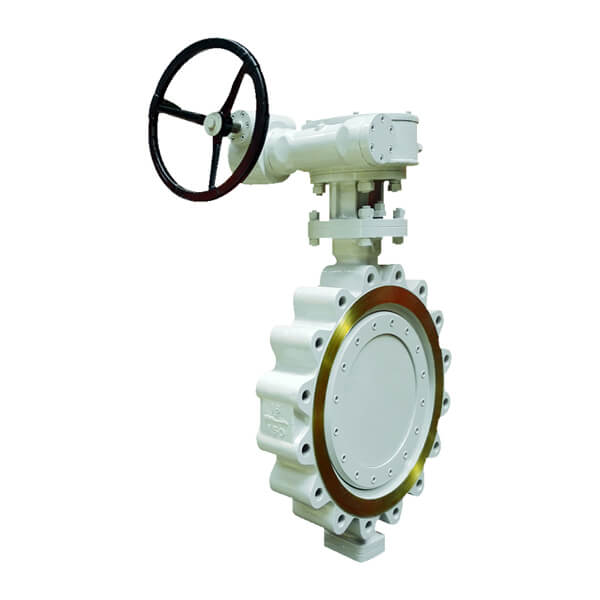
Lug Butterfly Valve vs. Wafer vs. Flange Connections
Butterfly valves are essential components in various industrial applications, known for their efficiency and reliability in regulating flow. One critical aspect that significantly impacts their performance and suitability is the end connection type. Understanding the differences between lug, wafe...Read more -
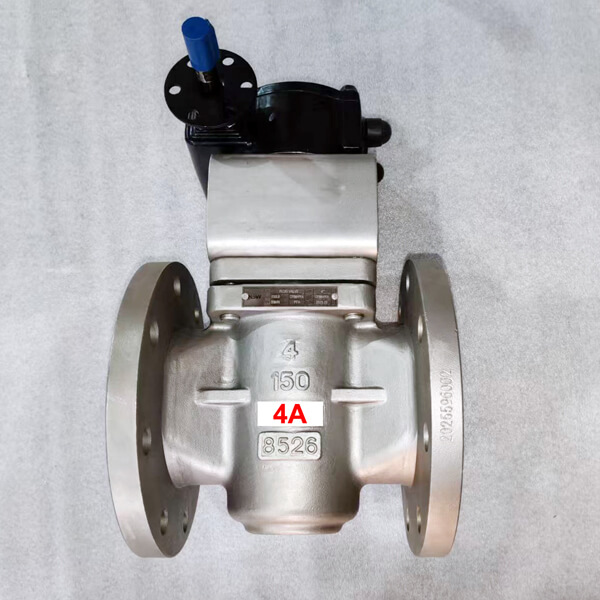
Quality Super Stainless Steel Plug Valves: 4A, 5A, 6A
In the world of industrial fluid control, where corrosion, high pressure, and extreme temperatures are the norm, standard stainless steel valves can fall short. For applications where failure is not an option, industry leaders turn to Quality Super Stainless Steel Plug Valves. These valves repres...Read more -
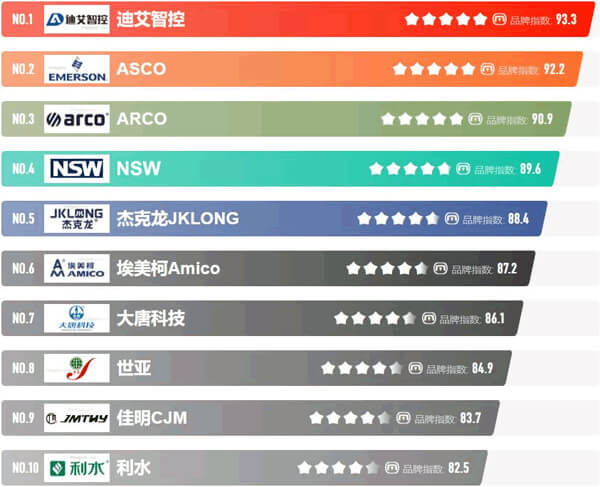
Top 10 Best Gas Ball Valve Manufacturers in the World
What’s the best gas valve brand? The top ten gas valve brands, based on professional reviews, have been released! The top ten include: DI Intelligent Control, ASCO, ARCO, NSW, JKLONG, Amico, Datang Technology, Shiya, Garmin CJM, and Lishui. Brands on the top ten gas valve brands list and th...Read more -
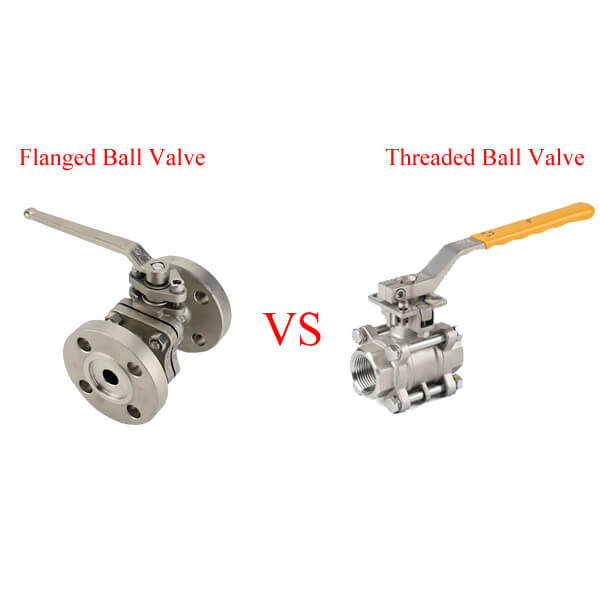
Flanged vs. Threaded Ball Valves: Guide to Selection
The choice between a flanged ball valve and a threaded ball valve is a fundamental engineering decision that extends far beyond mere connection type. It directly impacts the integrity, safety, maintenance lifecycle, and total cost of your piping system. While cost and simplicity are often initial...Read more





